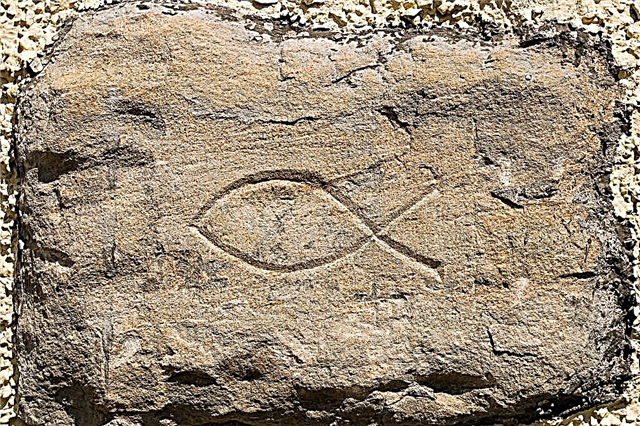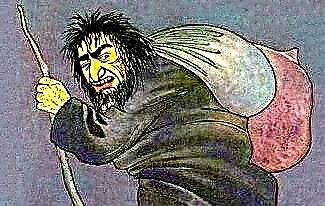What is a paradox? This word has been familiar to many since childhood. This term is used in many fields, including the exact sciences.
In this article we will explain what a paradox means and what it can be.

What does paradox mean
The ancient Greeks meant by this concept any opinion or statement that was contrary to common sense. In a broad sense, a paradox is a phenomenon, reasoning or event that is at odds with conventional wisdom and seems illogical.
It is worth noting that often the reason for the illogicality of an event is its superficial understanding. The meaning of paradoxical reasoning boils down to the fact that after considering it, one can come to the conclusion that the impossible is possible - both judgments turn out to be equally provable.
In any science, the proof of something is based on logic, but sometimes scientists come to a double conclusion. That is, experimenters sometimes encounter paradoxes arising from the appearance of 2 or more research results that contradict each other.
Paradoxes are present in music, literature, mathematics, philosophy and other fields. At first glance, some of them may seem completely absurd, but after a detailed study, everything becomes different.
Examples of paradoxes
Today there are many different paradoxes. Moreover, many of them were known to ancient people. Here are just a few examples:
- Classic - which came before, the chicken or the egg?
- The Liar's Paradox. If a liar says, "I'm lying now," then it cannot be either a lie or the truth.
- The paradox of time - illustrated by the example of Achilles and the tortoise. Fast Achilles will never be able to catch up with a slow turtle if it is even 1 meter ahead of him. The fact is that as soon as it overcomes 1 meter, the turtle will advance, for example, by 1 centimeter during this time. When a person overcomes 1 cm, the turtle will move forward 0.1 mm, etc. The paradox is that every time Achilles reaches the extreme point where the animal was, the latter will get to the next one. And since there are countless points, Achilles will never catch up with the turtle.
- The parable of Buridan's donkey - tells the story of an animal that died of hunger without deciding which of the 2 identical armfuls of straw is bigger and tastier.









